Certain country's wrong decision seen as condoning and shielding the ETIM
![Geng Shuang, China's deputy permanent representative to the UN. [Photo/Xinhua] Geng Shuang, China's deputy permanent representative to the UN. [Photo/Xinhua]](http://i2.chinanews.com.cn/simg/hpic/2021/10-08/pic1-38405031.jpeg)
China's envoy to the United Nations has criticized the removal of the East Turkestan Islamic Movement, or ETIM, from a country's list of terrorist organizations, saying that doing so is "to condone and shield" the group.
"We urge relevant country to take into account the big picture in international counterterrorism cooperation, reverse its wrong decision immediately, and redesignate ETIM as a terrorist organization," Geng Shuang, China's deputy permanent representative to the UN, told a meeting of the General Assembly's Sixth Committee on Wednesday.
The ETIM is listed by the UN Security Council as an international terrorist organization. Combating the "East Turkestan" terrorist forces represented by the ETIM is an important part of international counterterrorism efforts and is in the world's interest, Geng said.
The report drafted by the expert group of the Security Council's sanction committee shows that the ETIM is still very active, Geng said. With about 1,000 fighters in Syria and hundreds of members in Afghanistan, the group continues to maintain contact with terrorist forces such as al-Qaida, organize terrorist training and regularly disseminate terrorist audio and video propaganda.
"China hopes that all parties can fully recognize the ETIM's nature as a terrorist organization and its grave danger, and understand and support China's counterterrorism efforts," Geng said.
"A certain country removed ETIM from its national list of terrorist organizations, to condone and shield the organization. It is nothing but an example of double standards and manipulation of the political agenda with an ulterior motive."
The US State Department removed the ETIM from its Terrorist Exclusion List in October last year, saying there was "no credible evidence" that the group continued to exist. The removal was ordered by then US secretary of state Mike Pompeo.
The US designated the group a terrorist organization in 2002 when the country was eager to engage with China on counterterrorism efforts following the Sept 11 terrorist attacks.
Significant change
The situation in Afghanistan has changed greatly recently, Geng said, and China is urging the Taliban to honor its commitments and "make a clean break with terrorism".
"We call for the unity and collaboration of the international community to prevent the ETIM and other terrorist forces from festering in Afghanistan, and to prevent the country from again becoming a haven and a fountainhead of terrorist activities."
China has five proposals relating to combating international terrorism, he said.
The first is to practice true multilateralism. Countries should foster "a sense of community with a shared future", make the most of the central coordinating role of the UN in global counterterrorism, and build "the broadest" counterterrorism united front.
Second, it is important to strengthen the international rule of law in combating terrorism, Geng said. The sovereignty, independence and territorial integrity of all countries should be respected in counterterrorism efforts. No country could interfere in the internal affairs of others in the name of countering terrorism, he said. Counterterrorism treaties generally accepted internationally should be implemented.
Third, double standards need to be rejected in combating terrorism, he said. Counterterrorism should not be based on ideology, and terrorism should not be linked to specific countries, governments, nationalities or religions.
Fourth, it is important to eliminate the root causes of terrorism, Geng said. The world has to comprehensively use political, economic, judicial, social and other means to eradicate the breeding ground of terrorism and extremism, he said.
Fifth, the world needs to focus on addressing emerging issues. It should "resolutely crack down" on the use of the pandemic and abuse of new technologies to incite and launch terrorist activities.








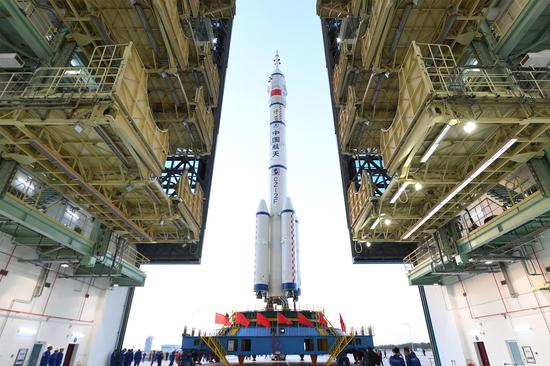





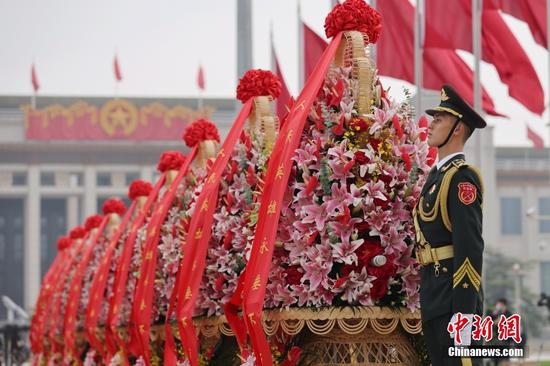
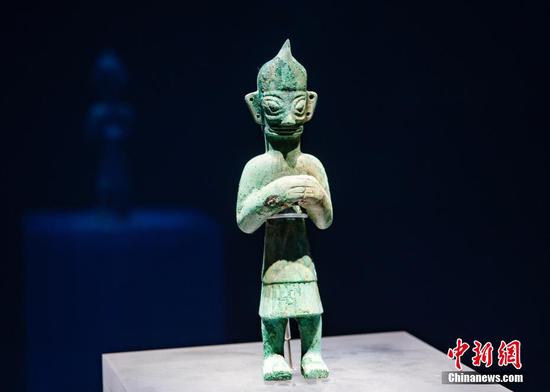
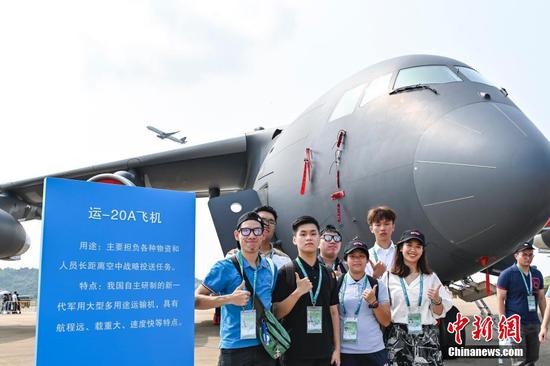
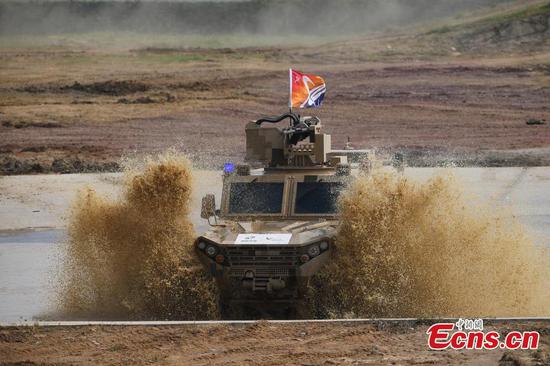












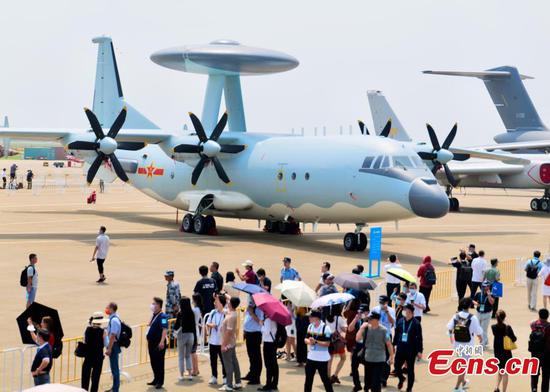


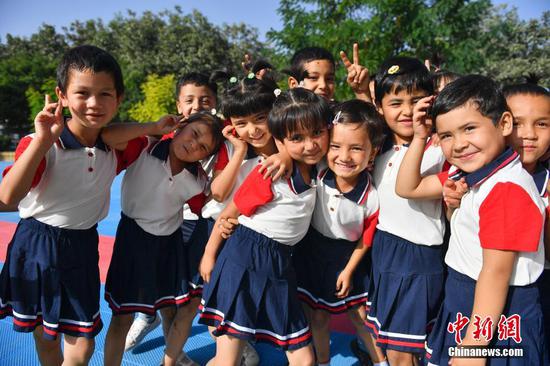



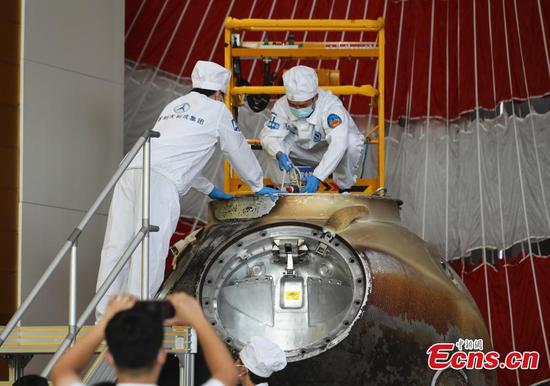



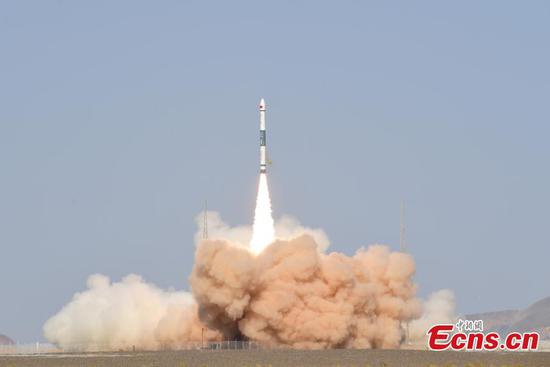
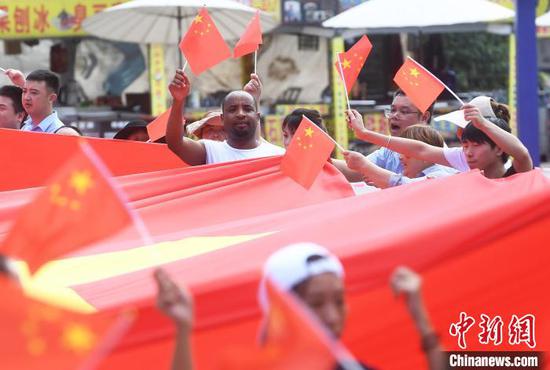

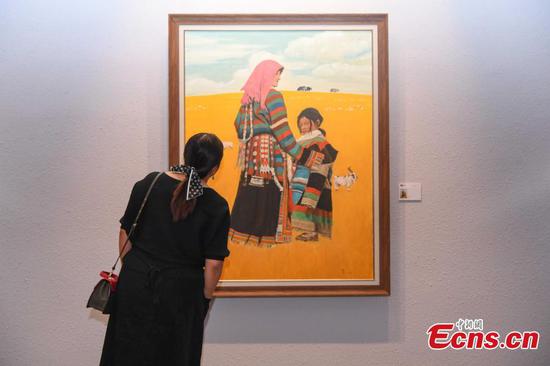





 京公网安备 11010202009201号
京公网安备 11010202009201号